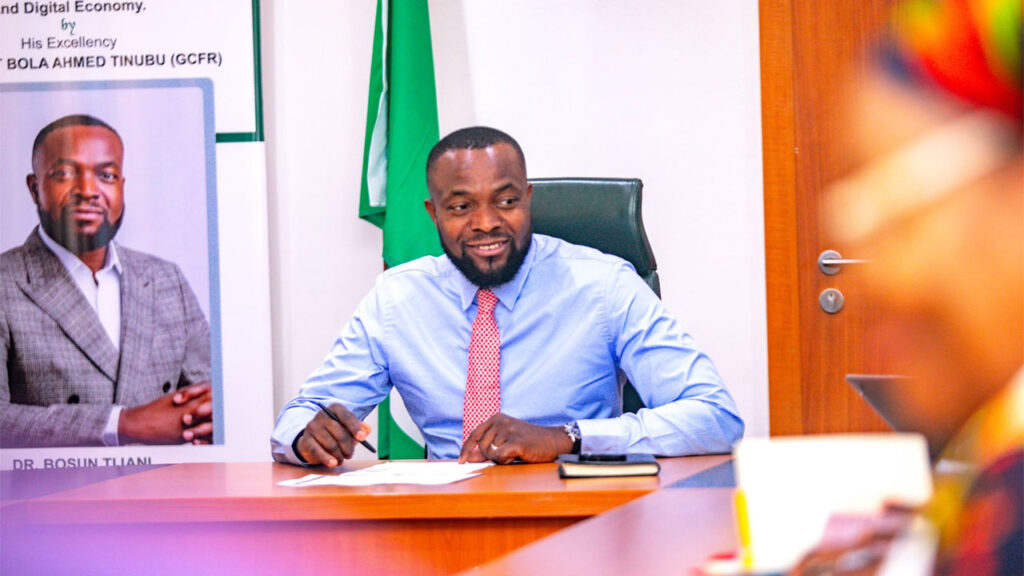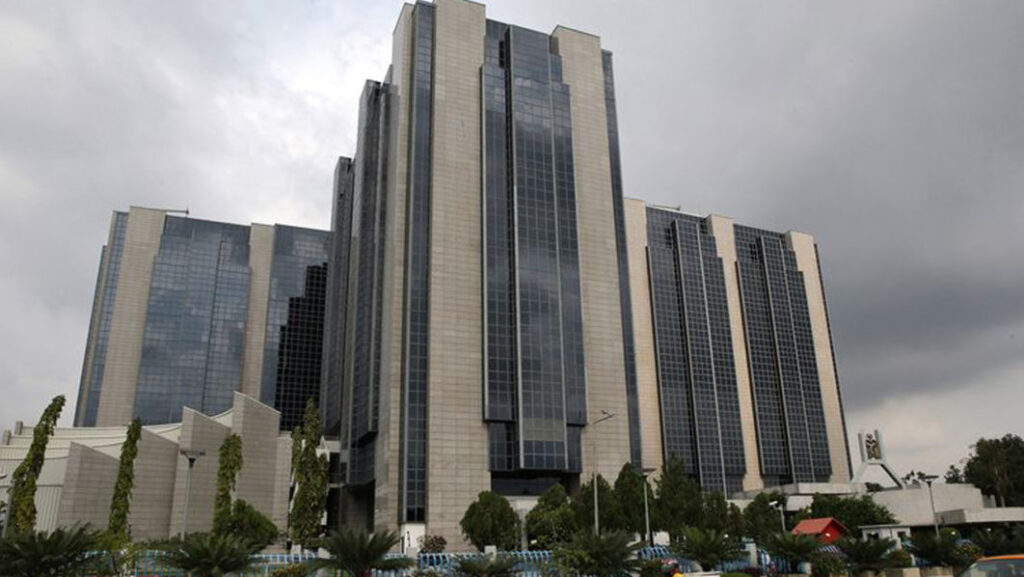
With an average of 43.2 per cent foreign control, the African banking sector is still relatively under the grip of foreign investors.
And that is high when compared with other emerging markets – Brazil’s banking is 15 per cent owned; India’s is 6.2 per cent, while China’s is 1.3 per cent. Foreign ownership of banks in Russia and Korea is 13 and five per cent respectively.
Foreign investment comes with capital injection, which suggests that foreign participation in a local industry is an advantage. But President and Chairman of the Board of Directors of African Export-Import Bank (Afreximbank), Prof Benedict Oramah, thinks otherwise, when it comes to banking.
Speaking on ‘Unlocking the Constraints to Africa’s Economic Transformation: Insights into the Power of Capital’ at the 2023 lecture of the Chartered Institute of Bankers of Nigeria (CIBN), Oramah insisted that foreign dominance is a major reason the regional economy is under-funded.
Oramah’s argument is not far-fetched. Capital control is a strategic part of the modern power play used to advance regional and national economic interests. If that is true, as the global economy tilts towards polarization and becomes increasingly nationalistic, countries with limited control of capital could not but survive at the mercy of others.
The Afreximbank boss thinks this is the time for Africa to takes its destiny into its own hands and chart the path for a more supportive banking sector like the west and Asian countries have done in the past decades to gain a competitive edge in the global economy.
Quoting from ‘The Paradox of Wealth and Poverty’, Oramah called on Africa to “quit our beggarly attributes and strive to spend African money inside Africa if we hope to achieve prosperity and earn the respect we all deserve”, insisting that you cannot spend what we do not control even as ownership of resources does not necessarily translate to control.
He noted that whereas the foreign banks operating across African countries mobilise resources from the poor and rural communities, they prioritise their home countries’ companies and reduce the funding of local small businesses to the level of corporate social responsibilities.
Previously, the Managing Director of Sterling Bank Plc, Abubakar Suleiman, had argued that funding of small and medium-scale enterprises (SMEs) must be elevated above a charity mindset and mainstreamed into sustainable business operations to begin to build the sector in real-time.
Oramah aligned with Suleiman’s position, suggesting that the Asia miracle could only have happened if the likes of Japan, China, Korea and Singapore waited for manna from heaven. Indeed, the Asian giants rolled up their sleeves, mobilised local capital and tapped their indigenous funding models to build their economies.
“Despite the difficult oriental conditions that faced Japan, she succeeded in carrying out a continuous, cumulative development. This process was only partly a planned, Government-sponsored effort; Japan did not rely upon foreign capital to take all the steps and foot all the bills,” Oramah noted.
The key to the transformation of successful Asian economies was control over their domestic financial system, he argued, adding: “These outcomes ensured that those countries were able to use domestic policies to direct capital into national priority sectors and activities… The critical factor that catalysed the economic success of Asian economies is the creation of sizeable and well-capitalised special development finance institutions that acted as superstructures that ensured the flow of liquidity to the strategic sectors as well as de-risking investments in critical sectors.”
While Africans waited to be spoon-fed by the World Bank and other development financial institutions (DFIs), Asian countries methodologically created funding institutions that were indigenous to the socio-economic culture. For instance, the Chinese Government created the China Development Bank and China Exim Bank in 1994, and China Export Credit Insurance Corporation (SINOSURE) in 2001 to consolidate its rise to trade and economic dominance.
The Korean Government also created the Korea Development Bank in 1954, the Industrial Development Bank in 1961, the Korea Exim Bank in 1976 and the Korea Trade Insurance Corporation in 1992 with mandates to drive Korea’s hunger to drive catch-up.
Oramah said Africa must similarly build a domestic financial system that pays attention to the economic needs of the continent. “Africa may be rich in natural resources, leveraging that wealth is determined by those who control the capital required to bring them to market,” he noted.
According to him, over-dependence on foreign capital increases the risk of economic volatility elevates the incidences of imported crises and vulnerability to global shocks, reduces government autonomy over fiscal policy, reduces the scope for the growth of the domestic banking system and weakens the competitiveness of manufacturing industries.
Indeed, Africa currently risks a crisis of stranded assets as most DFIs have banned fresh investments in gas in preference for cleaner energy. Meanwhile, many African countries, which are endowed with gas deposits, have argued that gas is strategic to their national growth plan and that the continent needs gas power for energy security.
The foundation of the financial sovereignty Africa sincerely needs to power its growth, President and Chairman of Council of CIBN, Dr. Ken Opara, said, has been laid. He said Afreximbank has demonstrated its willingness to provide a leeway and that Africa only needs to continue to build on its efforts.
“Oramah has led the creation of innovative instruments to support the development of a strong and interconnected continental financial system. Working with the African Union and the AfCFTA Secretariat, Afeximbank birthed the Pan-African Payment and Settlement System (PAPSS) to enable intra-African trade and payments in African currencies, paving the way for achieving yearly savings of about $5 billion in payment charges by Africa.
“In Nigeria, the impact of Afreximbank has been monumental. Afreximbank has contributed immensely to strengthening the Nigerian financial sector and has supported the growth of the private sector. For instance, the bank recently commissioned the first African Quality Assurance Centre in Ogun State, as part of its initiative to develop world-class quality assurance centres across Africa.
“This initiative is aimed at boosting the testing and certification of Nigerian goods for exports whilst ensuring that Made-in-Africa products comply with international standards and technical regulations to promote exports and facilitate intra- and extra-African trade. The Bank is also developing an Afreximbank Africa Trade Centre (AATC) in Abuja, among other things,” Opara, who is also an executive director at Fidelity Bank Plc, said.












